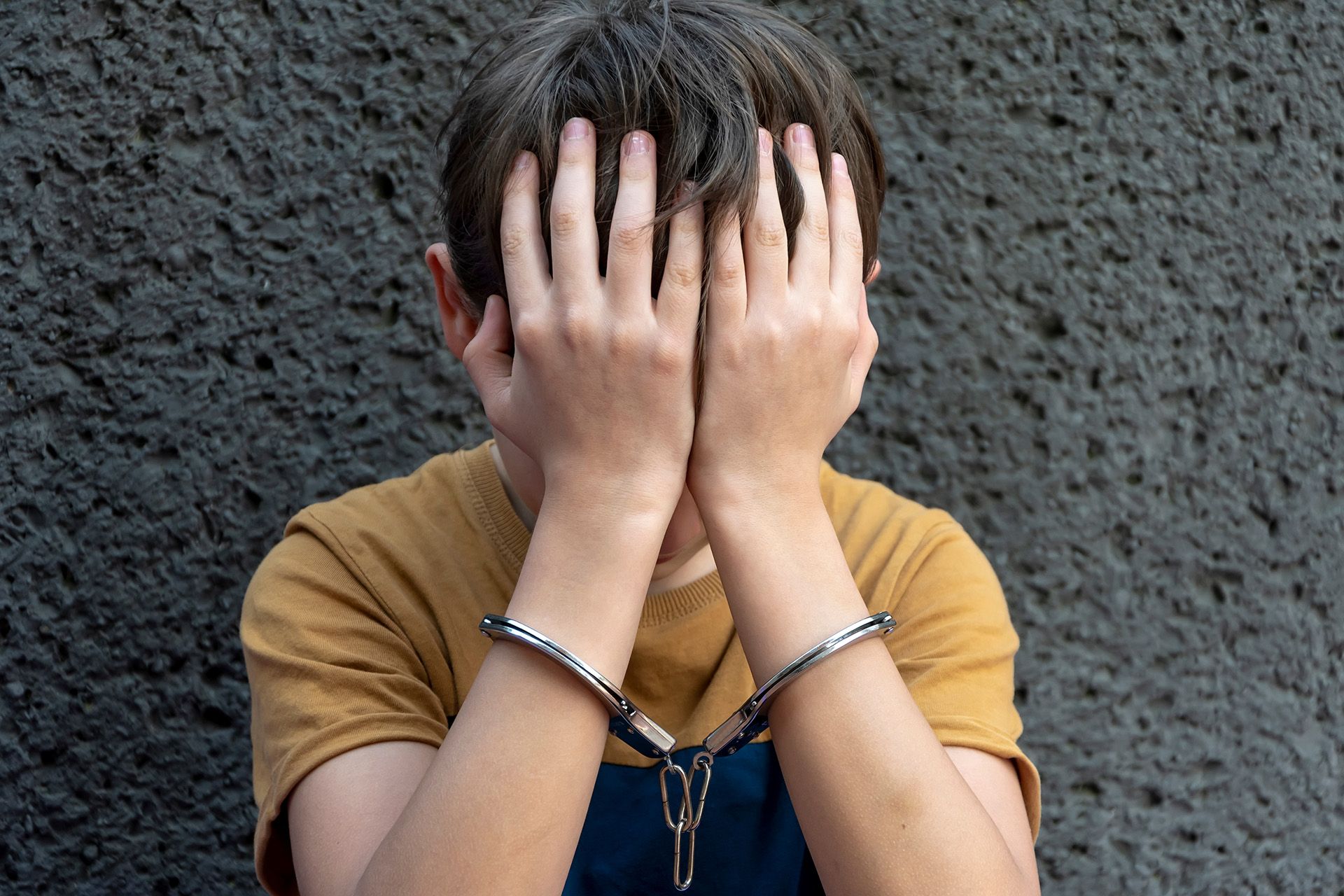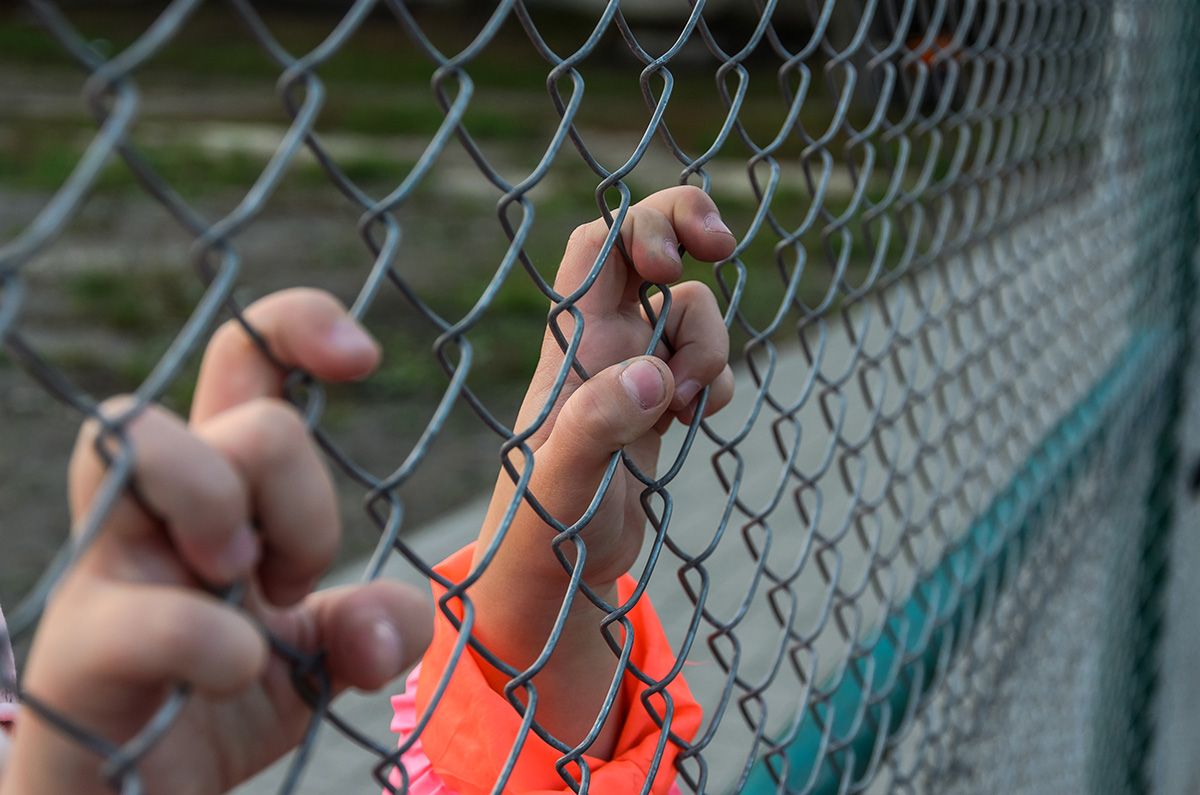Is your child or a loved one facing legal issues, and you’re unsure how the Age of Criminal Responsibility applies to their case? For parents, guardians, and advocates, understanding this Act is essential for navigating the complexities of juvenile justice. It can affect the legal process, intervention strategies, and ultimately the future of the young person involved.
In this blog, we’ll delve into the specifics of the Act, its impact on both the legal system and young individuals, as well as on the families facing these challenging situations. If you need guidance in your situation, this blog is for you. Read on to learn what the Age of Criminal Responsibility means, why it is significant, and how it influences both individuals and society.
What is the Age of Criminal Responsibility in the ACT?
The age of criminal responsibility in the Australian Capital Territory (ACT) is the minimum age at which a person can be formally charged and held legally accountable for a criminal offence. It represents the point at which society considers it appropriate to hold an individual accountable under criminal law.
Significantly, the age of criminal responsibility in the ACT demonstrates a balance between protecting children from the potentially harmful impacts of the criminal justice system and maintaining community safety. Changes to this age can significantly impact youth justice policies, including how children are treated by police, courts, and rehabilitation programs.

Current Age of Criminal Responsibility in Australia
In the ACT, the current age of criminal responsibility is set at 10 years old. However, the ACT government plans to slowly increase the age at which a person can be held responsible for a crime, starting with raising it to 12 and then to 14.
Children under 10
In the ACT, children under the age of 10 cannot be arrested or charged with a crime , as they are deemed too immature to be held criminally responsible for their actions. Significantly, if a child or young person under 10 engages in behaviour that would be considered a criminal offence if committed by an older individual, parents and teachers usually handle the situation. Thus, the child may receive counselling or other support interventions, but the criminal justice system will not be involved.
Children between 10 and 14
In the ACT, a child or young person aged 10 to 14 can be charged with a criminal offence, but they are presumed not to be criminally responsible. This principle, known as doli incapax (incapable of deceit) , means that the prosecution must provide evidence showing that the child knew their behaviour was seriously wrong and not just mischievous. If the court determines that the child understood the nature of their actions, it may find them guilty. Otherwise, the child must be acquitted.
Importance of Age of Criminal Responsibility
The age of criminal responsibility is important for several reasons:
Cognitive and Emotional Maturity
The age of criminal responsibility is crucial because it reflects an understanding of a child’s cognitive and emotional development. Younger children may lack the maturity to fully grasp the consequences of their actions or to participate meaningfully in legal proceedings. Raising the minimum age helps ensure that legal accountability aligns with a child's developmental stage.
Prevention of Stigmatisation
Keeping young offenders out of the criminal justice system helps protect them from being unfairly judged and labeled. Children who are involved in criminal proceedings at a very young age may face social stigma that can affect their future opportunities and self-esteem. Raising the minimum age of criminal responsibility helps protect their privacy and minimise long-term negative impacts.
Improvement in Justice Outcomes
There is a higher tendency that when the minimum age for criminal responsibility is higher, it can lead to better justice outcomes. It helps the ACT government provide the right support and help for young people, which can lead to fewer repeat offences and better chances of successfully rejoining society.
Support Options for Young Offenders in the ACT
In the ACT, support options for young offenders under the age of criminal responsibility focus on rehabilitation and intervention rather than formal legal consequences. These options may include:
Diversion Programs
When a young person commits a minor criminal offence related to alcohol or drug use, they may be eligible for a diversion program, provided certain conditions are met. However, diversion can only be an option if the young person admits to the offence and both they and their parents agree to the program, and the eligibility criteria are met.
If the case is diverted, the young person must complete specific programs. Successfully meeting these requirements will result in no further legal action, allowing the young person to avoid a criminal record and court appearances.
Counseling and Mental Health Services
Professional counseling and mental health services not only offer a safe space but also allows young offenders to understand the underlying causes of their behaviour and develop strategies to address them.
Educational Programs
Programs in schools or community settings that teach appropriate behaviour and decision-making help young offenders make positive choices and avoid future offences.
Community Support
Involvement in community services like mentoring and recreational activities can promote positive development among young offenders.
Family Mediation
Mediation services to improve family dynamics and resolve issues can contribute positively to the child's behaviour.
Legal Prosecution for Children in the ACT
The legal prosecution of children in the ACT aims to balance justice with the recognition of the developmental needs of young offenders. Thus, it takes into consideration the following:

Understanding the Legal System
In the ACT, dealing with child offenders involves holding them accountable while acknowledging that they are still developing emotionally and psychologically. With a minimum age of criminal responsibility set at 10 years old, children below this age cannot be prosecuted or held criminally responsible for their actions. However, this threshold is subject to ongoing debate and potential reforms aimed at raising the age of criminal responsibility.
Juvenile Justice System
When an individual under the age of 18 is charged with a criminal offence, their case is initially heard in the Children’s Court. While most cases involving minors are handled here, very serious indictable offences may be referred to the Supreme Court.
If the young person is found guilty, the court has several sentencing options, including fines, good behaviour orders, community-based sentences, or detention. In addition, the court may record a conviction against the young person.
Factors to Consider in Legal Proceedings
In legal proceedings, especially those involving children, a few key factors must be considered to ensure a fair and just process.
Age and Developmental Stage
Assess whether the young person understands the nature and consequences of their actions. This includes considering their level of emotional and cognitive development.
Best Interests of the Child
In prosecuting children, the foremost priority is their best interests. The legal process is focused on providing the appropriate support and intervention, rather than merely punishing them.
Legal Capacity and Competency
Determine whether the individual can meaningfully participate in the legal process, which may involve understanding and responding to legal proceedings.
Nature and Severity of the Offence
Consider the seriousness of the offence and whether it involves violent behaviour, property damage, or other categories. Assess the context in which the offense occurred, including any mitigating or aggravating factors.
Legal Protection and Rights
The legal system in the ACT places a strong emphasis on protecting the privacy of child offenders. Court proceedings involving children are typically held in closed sessions, and the identities of young offenders are kept confidential to avoid further stigmatisation.
Recent Reforms in ACT's Age of Criminal Responsibility
The ACT government introduced the Justice (Age of Criminal Responsibility) Legislation Amendment Bill in 2023 to mark a historic reform. In this bill, the minimum age of criminal responsibility will be raised from 10 to 12 years. And by July 2025, the age will increase further to 14 years .
Focus on Rehabilitation
The legislation amendment bill aims to increase the minimum age to a higher threshold, recognising that younger children may lack the cognitive and emotional maturity required for criminal responsibility. This emphasises a shift towards rehabilitation and support for young people rather than punitive measures and youth detention.
Revised Procedures
The ACT legislative assembly may also propose changes to the procedures followed when dealing with young people, such as modifications to court processes, sentencing options, and the handling of cases involving minors to guarantee a more age-appropriate approach.
Takeaway
Facing criminal offences as a child is a challenging and complex situation that not only involves legal considerations but also an understanding of the child's developmental stage and their capacity for comprehending the consequences of their actions. This is why the Age of Criminal Responsibility is important as it ensures that young people are treated fairly and appropriately within the justice system.
At Andrew Byrnes Law Group, we are criminal lawyers devoted to defending the criminally accused . So if you need help with your child who is facing legal challenges, contact us today.
'
Date:
May 25, 2025
Author:
Andrew Byrnes
/
Managing Partner




















.jpg)
.jpg)
.jpg)
.jpg)
